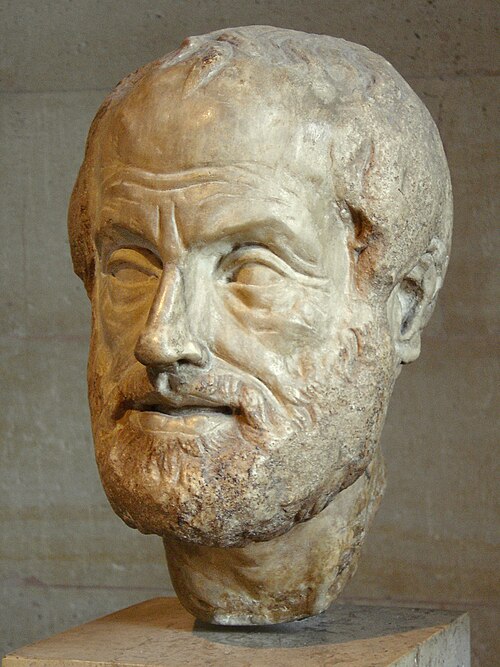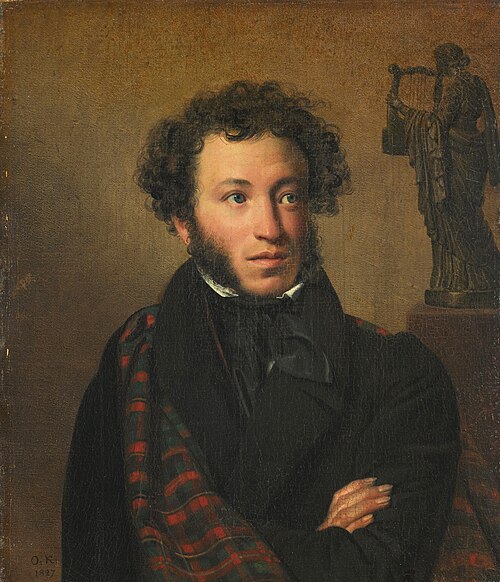Poemnoun
A literary piece written in verse.
Poemnoun
A piece of writing in the tradition of poetry, an instance of poetry.
Poemnoun
A piece of poetic writing, that is with an intensity or depth of expression or inspiration greater than is usual in prose.
Poemnoun
A metrical composition; a composition in verse written in certain measures, whether in blank verse or in rhyme, and characterized by imagination and poetic diction; - contradistinguished from prose; as, the poems of Homer or of Milton.
Poemnoun
A composition, not in verse, of which the language is highly imaginative or impassioned; as, a prose poem; the poems of Ossian.
Poemnoun
a composition written in metrical feet forming rhythmical lines
Rhymenoun
Rhyming verse (poetic form)
Rhymenoun
A thought expressed in verse; a verse; a poem; a tale told in verse.
Rhymenoun
(countable) A word that rhymes with another.
Rhymenoun
A word that rhymes with another, in that it is pronounced identically with the other word from the vowel in its stressed syllable to the end.
Rhymenoun
(uncountable) Rhyming: sameness of sound of part of some words.
Rhymenoun
(linguistics) rime
Rhymenoun
(obsolete) Number.
Rhymeverb
(ambitransitive) To compose or treat in verse; versify.
Rhymeverb
Of a word, to be pronounced identically with another from the vowel in its stressed syllable to the end.
Rhymeverb
(reciprocal) Of two or more words, to be pronounced identically from the vowel in the stressed syllable of each to the end of each.
Rhymeverb
To number; count; reckon.
Rhymenoun
An expression of thought in numbers, measure, or verse; a composition in verse; a rhymed tale; poetry; harmony of language.
Rhymenoun
Correspondence of sound in the terminating words or syllables of two or more verses, one succeeding another immediately or at no great distance. The words or syllables so used must not begin with the same consonant, or if one begins with a vowel the other must begin with a consonant. The vowel sounds and accents must be the same, as also the sounds of the final consonants if there be any.
Rhymenoun
Verses, usually two, having this correspondence with each other; a couplet; a poem containing rhymes.
Rhymenoun
A word answering in sound to another word.
Rhymeverb
To make rhymes, or verses.
Rhymeverb
To accord in rhyme or sound.
Rhymeverb
To put into rhyme.
Rhymeverb
To influence by rhyme.
Rhymenoun
correspondence in the sounds of two or more lines (especially final sounds)
Rhymenoun
a piece of poetry
Rhymeverb
compose rhymes
Rhymeverb
be similar in sound, especially with respect to the last syllable;
Rhymenoun
correspondence of sound between words or the endings of words, especially when these are used at the ends of lines of poetry
Rhymenoun
a short poem in which the sound of the word or syllable at the end of each line corresponds with that at the end of another
Rhymenoun
rhyming poetry or verse
Rhymenoun
a word that has the same sound as another
Rhymeverb
(of a word, syllable, or line) have or end with a sound that corresponds to another
Rhymeverb
(of a poem or song) be composed in rhyme
Rhymeverb
put a word together with (another word that has a corresponding sound), as when writing poetry
Rhymeverb
compose verse or poetry
Rhyme
A rhyme is a repetition of similar sounds (usually, exactly the same sound) in the final stressed syllables and any following syllables of two or more words. Most often, this kind of perfect rhyming is consciously used for artistic effect in the final position of lines within poems or songs.




























